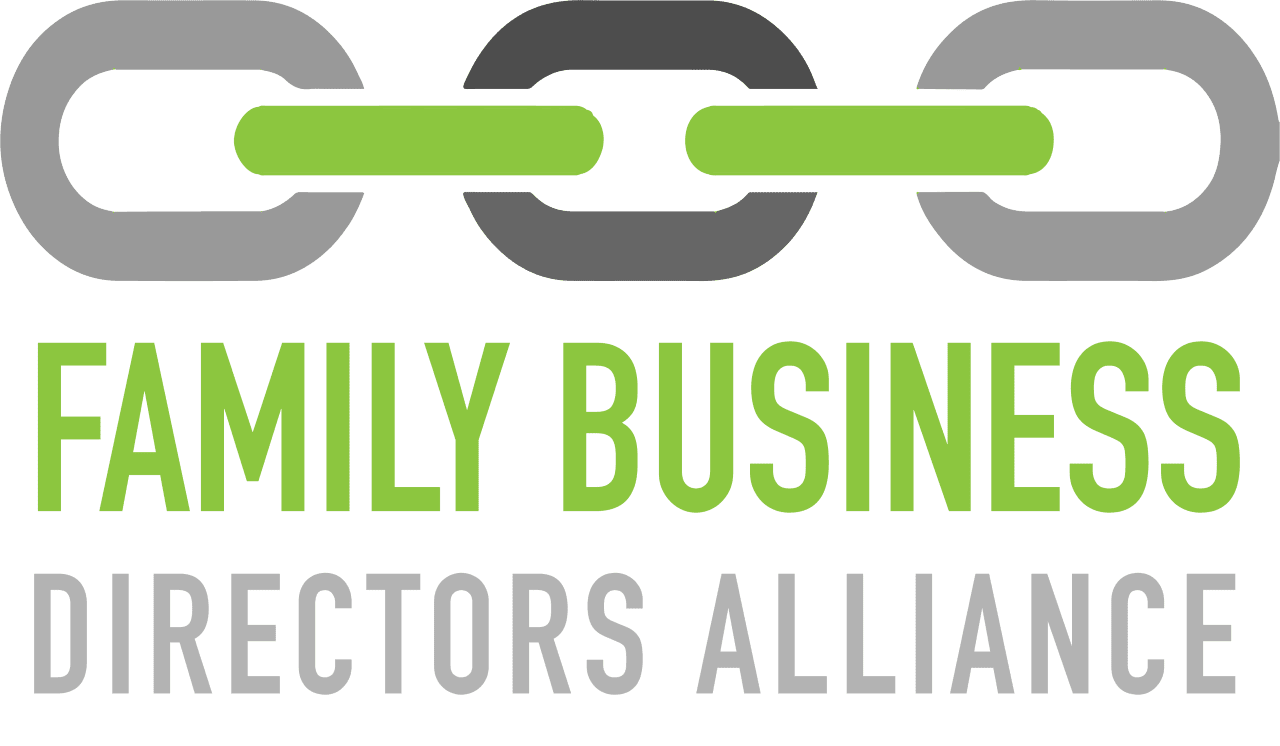
Image by HBO
If you are a family business leader, don’t be a Logan Roy.
For the last three years, millions of viewers have tuned into HBO’s hit TV show, Succession waiting for Logan Roy to identify a successor for Waystar Royco. The series magnifies all the complex drama which can plague a family run organization, but after 4 seasons, I do agree with Logan – they are all “idiots,” and Waystar Royco should not be succeeded to any of the family members.
So, why was Logan doomed to fail in succeeding the business to his children? He ignored crucial components and best practices of family business leadership development. As each character develops through the series, viewers are tasked with evaluating them and trying to fit a square peg in a round hole.
We come to understand that Connor has disengaged from the business completely and lives an entitled lifestyle without any sense of obligation to the business or community. He continues to purge his financial resources on an election campaign where he polls at 1%.
Kendall, who appears in season one as the “chosen” son, lacks instinct, confidence, and organizational knowledge. When he appoints himself as CEO after his father’s airborne stroke in the opening scene, it is only then that he learns the organization is $3 billion in debt. He is also plagued with addiction and self-destructive behaviors attributed to his relationship with his father.
Shiv, a politically savvy and competent political consultant, is filled with insecurity. Even when it comes to her judgement on picking a political candidate – the one area she is most qualified for – her expertise was undermined by Logan.
And, finally, Roman, the youngest Roy child, constantly lives up to the “baby of the family” monolith and is enabled by Logan despite being incapable of cultivating relationships, personal or professional. We learn that despite being fired from an entry level role in the family business, he has earned a seat on the board and is eventually hired as Chief Operating Officer.

Image from Reddit / turdette_ferguson
Based on this assessment, Logan Roy was right when he said, “You are not serious people.” The children are not capable of taking over his most prized possession, yet in many ways, he set them up for failure. If you are a family business leader, don’t be a Logan Roy.
HBO’s Succession captures many of the stereotypes of family businesses and their heirs, and the series is just one exaggerated example of what not to do. Successful family business leadership transitions take years of careful consideration and planning. They require consistent attention, re-evaluation, communication, and should include a backup plan.
Here are a just a few considerations for family business leaders as they seek to identify their own successor:
- Define Leadership Needs of the Organization. Establish a leadership profile based on the opportunities, threats, and weaknesses of the organization. Consider the input from outside advisors, board of directors, and senior level management. What are the skills required to move the organization forward and to serve as the next steward of the organization?
- Define and Establish a Path to Leadership. No one starts at the top, even if they share the last name of the Company’s founder. Maybe the family member works through a management training program and experiences various aspects of the business, all these norms can be established through good governance.
- Utilize Leadership Development and Assessments Resources. History has demonstrated that the most effective leaders are self-aware. Assessments provide an objective view of the skills and capabilities of each family member. Once the assessment is completed, you have a professional development roadmap. Support individual development by engaging in leadership conferences that are dedicated to the development of family business leadership skills. Create opportunities for transparent and consistent communication through an annual review. Recognize the “perfect leader” does not exist and begin to develop a senior leadership team to support the next generation leader.
- Develop Professional Skills Outside the Business. A widely accepted best practice for family business organizations is to establish a governance policy which requires all family members to develop professional skills outside the business. This provides the family member an opportunity to build professional networks, gain organizational operational insight, and create diverse perspectives.
- Hire Based on a Job Opening and Alignment. Every Next Generation leader will be scrutinized when they join the business. Family members should be hired based on professional skills and experience to fill a need. Their entry point should be commensurate with the skills and experience they bring to the job and follow employment and market compensation guidelines.
- Identify Development Paths within the Organization to Build Confidence. Find opportunities for development within the organization in either roles or special projects. Many organizations rotate family members through departments to learn integral sections of the business. Others can create opportunities with new product lines, innovation projects, and market expansion opportunities. These roles provide learning opportunities for the next generation to develop confidence while also earning respect and credibility with other organizational stakeholders including other leadership, clients, and employees.
If you seek to succeed in succession and transfer your family business to the subsequent generation, investing in leadership development and good family governance are two of the critical components to ensure that your legacy, values, and your organization survive for years to come.
Family Business Alliance strives to help family businesses with the tools, resources, and connections to help businesses succeed. Learn more about our resources including Leading Forward, Succeeding in Succession, and Navigating Governance that help to advance family business in our community.
Written by Robin Burns






 Written by Diana Schad
Written by Diana Schad


